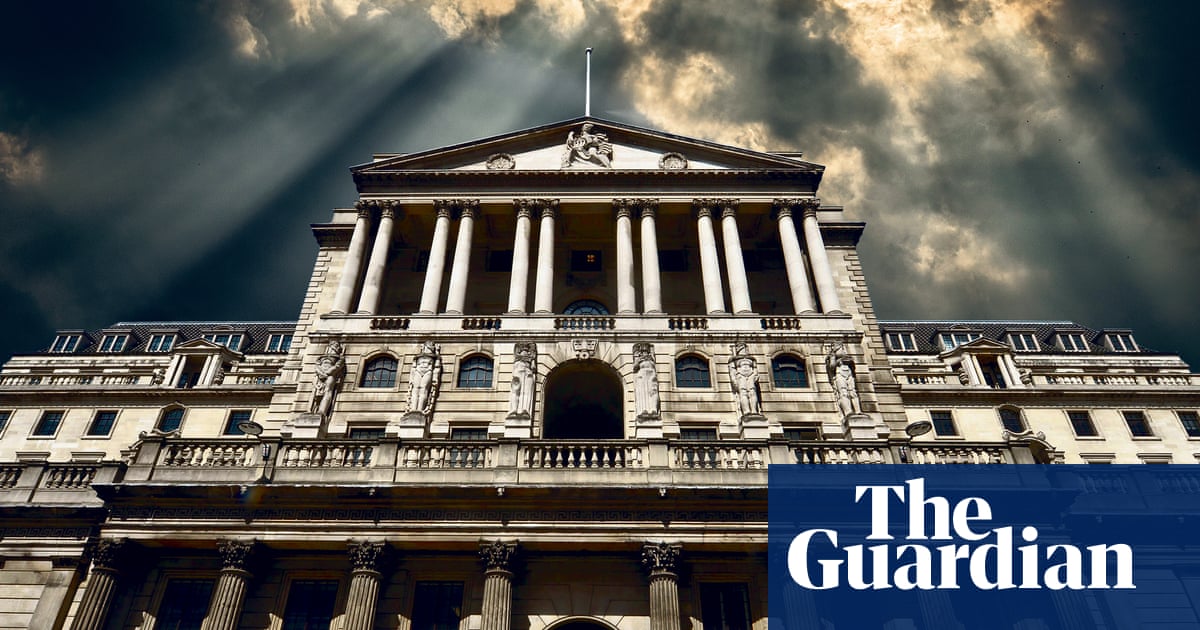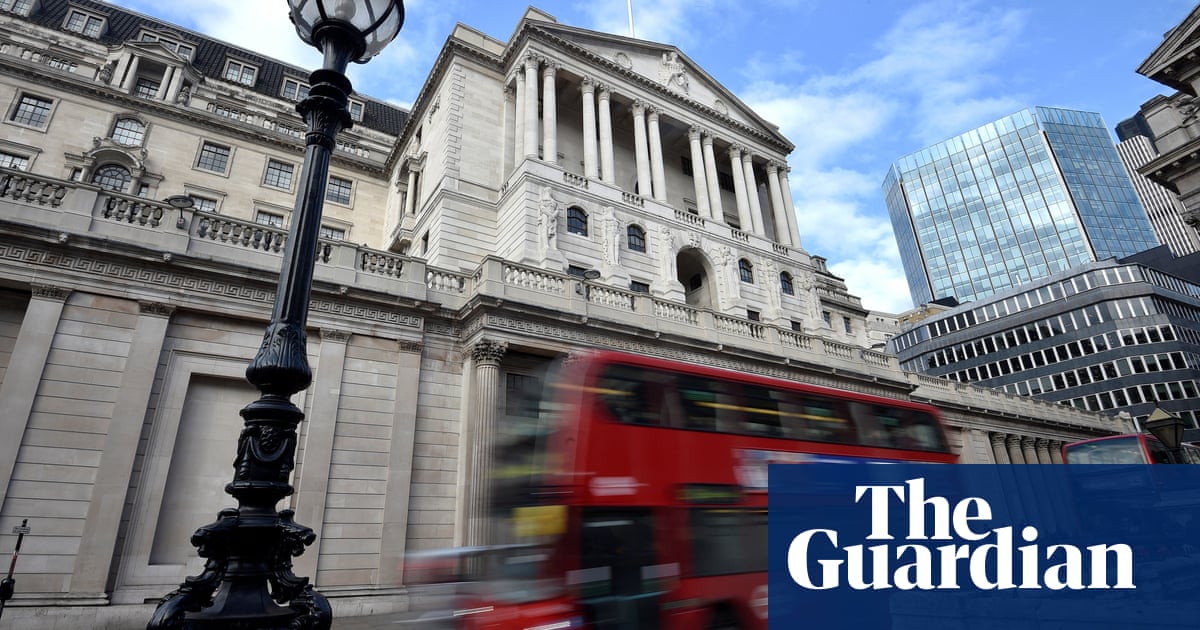
The Bank of England has cast doubt on the government drive to get workers back to offices, after a senior official warned it was impossible for large numbers of staff to return to central London and other big cities while risks from Covid-19 remained.
Pouring cold water on the government campaign, Alex Brazier, the Bank’s executive director for financial stability strategy and risk, said it was “not possible” for a mass return to city centre offices across Britain this autumn due to Covid guidelines, concerns over the health risks, and transport capacity issues.
“With Covid safe guidelines, it’s not possible to use office space – particularly in central London and dense places like that – with the intensity that we used to use it. So it’s actually not possible to bring lots of people back very suddenly,” he said.
Speaking to MPs on the Commons Treasury committee, the senior Bank official, who is responsible for regulating some of the City of London’s biggest employers, said it would take several months for firms to bring back staff and that it would depend on the risks from Covid-19.
“Because of those constraints I don’t think we can expect to see a sudden and sharp return of lots of people to the very dense office environments that we were used to. We should expect a more phased return depending on the public health outcomes that we’ll see over the coming weeks and months.”
The comments come as Boris Johnson’s government pushes to get more people back to offices across the country, amid signs that activity in city centres is still sharply down on pre-pandemic levels, threatening the livelihoods of workers and businesses reliant on office-based staff and commuters.
Despite lockdown measures being relaxed and Johnson encouraging firms to bring staff back to offices, as much as 39% of the UK workforce is continuing to work remotely, according to the Office for National Statistics. However, the figures vary significantly by sector, with three-quarters of IT and professional workers who would normally occupy city centre offices continuing to stay at home, compared with 14% in health and social care and about a fifth in construction and manufacturing.
Brazier, one of the Bank of England’s most senior officials responsible for the stability of the UK banking system, said he personally felt safe returning to its offices in the City, but he understood why many people might not.
Threadneedle Street plays a pivotal role as the regulator to City banks, which include some of the biggest firms in the Square Mile and Canary Wharf where thousands of people would normally work in skyscrapers.
Colette Bowe, a member of the Bank’s financial policy committee, said children returning to schools had also been a major issue for getting workers back to offices: “[Parents] have to feel their children are being properly cared for, that their children’s education is being taken care of.”
Four of the Bank’s five witnesses speaking before the Treasury committee, including its governor, Andrew Bailey, were appearing via video link from its 18th-century central London headquarters. “We are, as it happens, back in the centre of London but not everybody feels like that,” Bowe said.
Bailey warned that the risks to Britain’s economic recovery were significantly high given the uncertainty over how the coronavirus pandemic would develop over the winter, and as unemployment mounts.
The Bank’s governor said he no longer expected inflation to turn negative – when consumer prices drop in aggregate on an annual basis – as previously forecast by Threadneedle Street, saying some hospitality companies were not passing on a full price cut to consumers after the government launched a temporary cut to support the sector.
Inflation unexpectedly rose in July as lockdown restrictions were relaxed and the economy gradually reopened. However, Bailey warned the downside risks to jobs and growth meant the Bank would take longer than normal to react to positive economic news.
“Because of the uncertainty and because of the risks, we’re going to need more than normal evidence and assurance that the economy is on track and inflation is on track to return to target, before we act,” he said.












